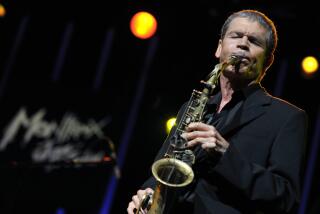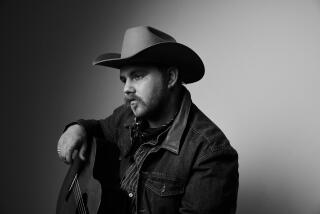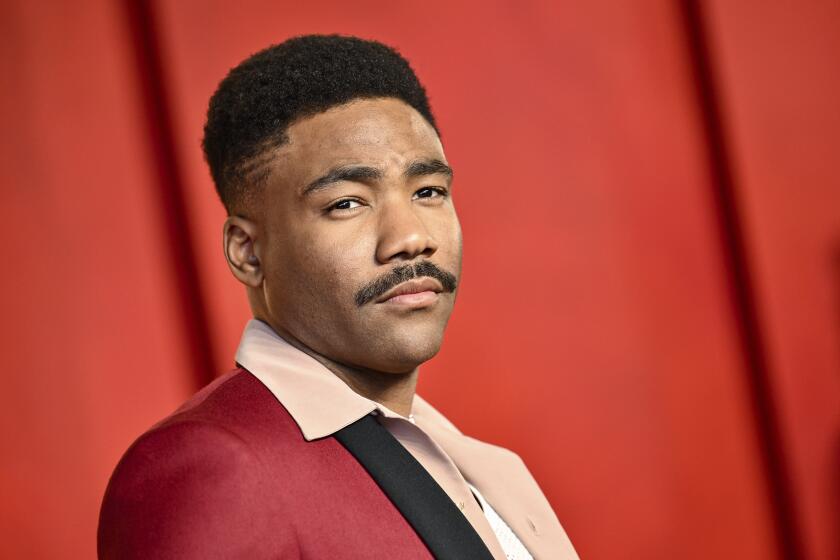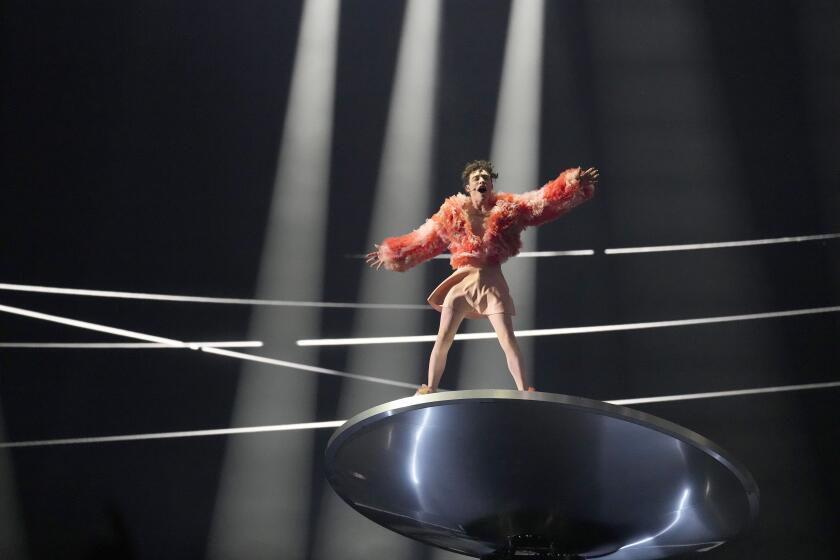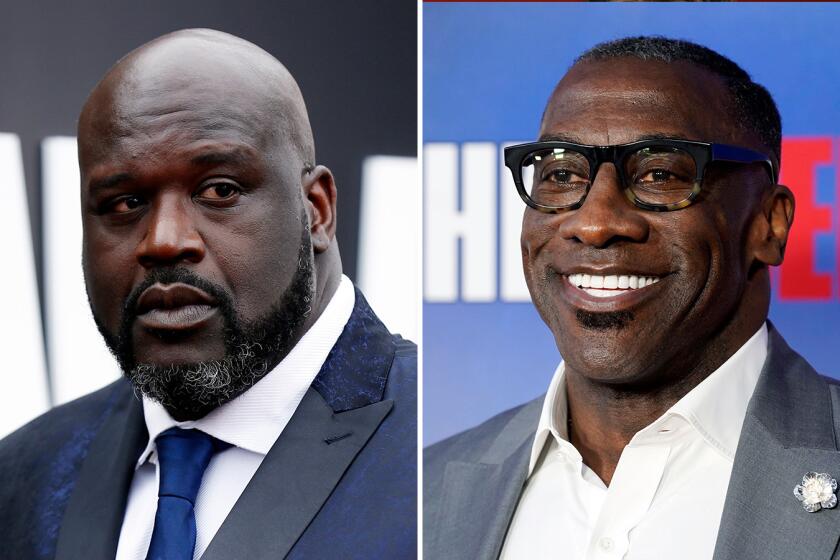Soviet Pianist to Make His Local Debut
It’s a long way from Red Square to Berkeley Square; even longer if the latter happens to be not the one in London but a nightclub in Berkeley, Calif. That is where Andrei Kitaev, having made the journey after marrying an American exchange student in Moscow, began soaking up American jazz in 1978.
“In Russia,” he says, “I had very little chance to play jazz. Basically I concentrated on dance music with a big band called Night Arbat; I made records and television with them, but there was not much opportunity for piano solo work.
“I loved jazz, I heard it on Voice of America, but I had no American repertoire. When I came to Berkeley I went to this club every Thursday for three months to hear the pianist, Art Lande, and began learning what to do. I started to practice eight hours a day and memorized about 500 songs.”
Kitaev, who plays his first Los Angeles engagement tonight at Catalina’s Bar and Grill in Hollywood, studied at the Gnessen School of Music, Moscow’s counterpart to Juilliard, and for four years taught classical piano at a private college in Moscow.
Had he not met his American bride, would he have come to America anyway?
“I doubt it. Maybe later in life,” Kitaev said, “but I fell in love with jazz long ago. After coming here I heard many records by Miles Davis, Bill Evans, Oscar Peterson, Dave Brubeck. I listened to bass lines and figured out the harmony on my own. It was easy, because I have already trained memory from age 6.”
Life in the United States was not easy at first. For a while his experiences were oddly like those of the character portrayed by Robin Williams in “Moscow on the Hudson”; a black family in Oakland helped him through the rough times. He now lives in El Cerrito.
During his first American gig, at a bar in Sausalito, he was offered a record contract, but the album, “First Takes,” was a little premature; as recent private tapes reveal, he has grown since then in every area--dynamics, harmony, subtlety--and hopes soon to record a more representative set.
In the Soviet Union his career was limited not by any official ban on jazz but simply by the paucity of outlets. “At that time we had a couple of jazz clubs in Leningrad, a couple in Moscow, but not enough to keep me working.”
Though he stays fairly busy in Marin County and San Francisco clubs, he finds conditions less than ideal in the Bay Area. “We just don’t have enough places around here. I go sometimes to Portland, Ore., where they have a lot of jazz.
“Too often, though, I make my living in hotel work, playing solo piano. That way I can’t really play what I want--it’s like freedom but not really freedom, you know?”
For the Catalina engagement he will have the support of John Clayton, one of the outstanding bass players in the Southland, and Steve Houghton on drums. “I haven’t met them yet, but I’m sure we all know the same tunes, so it’s no problem.”
Unlike many other Soviet emigres, Kitaev says he is free to move between his old and current homes; he has a green card and what he describes as “a sort of diplomatic passport.” He can go back to Russia “any time I want, for six months every year; but I haven’t gone back yet. My parents came over here four years ago and I try to invite them back again this summer.”
He hopes the future holds out opportunities that will extend beyond California and the hotel-nightclub circuit. “I like to play, but I don’t want ever to be just background music. I want eventually to concentrate on just concerts.”
More to Read
The biggest entertainment stories
Get our big stories about Hollywood, film, television, music, arts, culture and more right in your inbox as soon as they publish.
You may occasionally receive promotional content from the Los Angeles Times.

